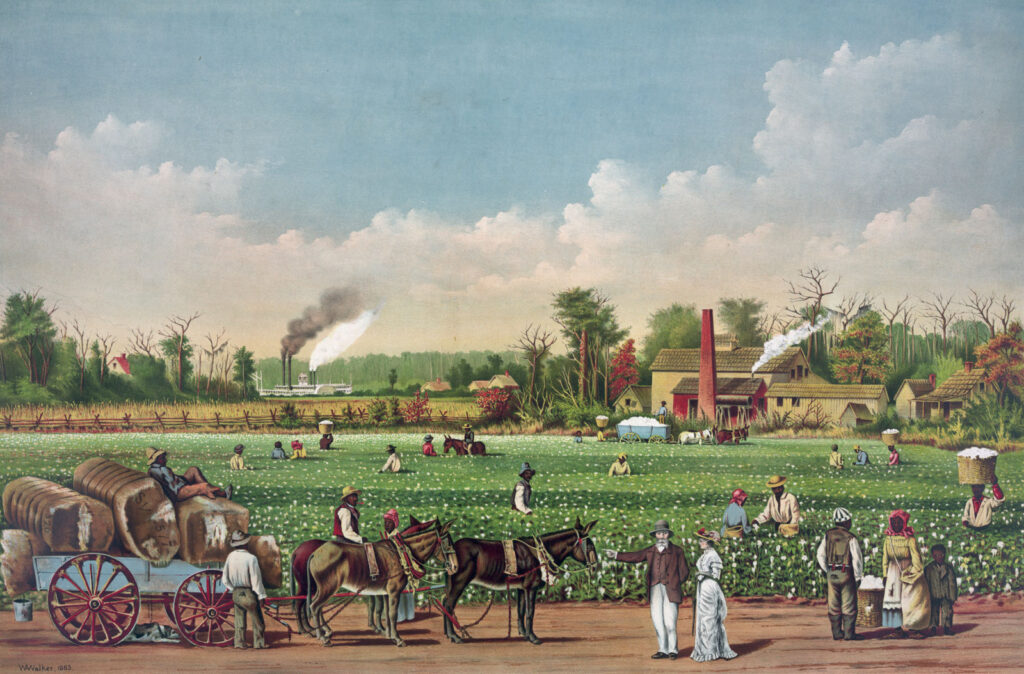Real estate agencies in New York announced they were moving away from using the term “master bedroom” from listing sites and professional use in response to the death of George Floyd and the Black Lives Matter protests that followed. Some believe that the term has origins in American slavery and that it is therefore inappropriate, racist and sexist.
“Words matter,” Tom Postilio, a partner agent with Douglas Elliman in Manhattan, said. “This is a small change we can effect immediately in the work that we do every day. It’s a socially conscious choice we’re making.”
Mr. Postilio is correct, with a caveat. Words do matter, but when boiled down to their roots, words mean absolutely nothing without genuine action beyond what is merely cosmetic. Housing policies in New York have a long history of discrimination, as real estate agencies worked to keep Black Americans out of white neighborhoods and in subordinate social and economic positions. During the 20th century, many buildings owned by the New York City Housing Authority (NYCHA) even barred Black tenants from applying.
Rather than attempting to dismantle the legacy of discrimination and racism in real estate, agents have shifted their focus on a term that has no real ties to slavery. By focusing primarily on a surface level issue and not offering plausible solutions or real support, the agents are complicit in performative allyship (slacktivism), which is “when someone from [a] non-marginalized group professes support and solidarity with a marginalized group in a way that either isn’t helpful or that actively harms that group.”
Another prime example of performative allyship was when Mayor Muriel Bowser renamed a street “Black Lives Matter Plaza” and had it painted a beautiful shade of yellow. Great. But what did those brush strokes do to help rectify years of oppression and slavery and police brutality and racial discrimination in America?
In June, Quaker Oats announced that its pancake mix and syrup brand, Aunt Jemima, would stop using a racial caricature of a Black woman to sell its products. But instead of contending with the ugly history of minstrelsy- perhaps by keeping Aunt Jemima on their boxes alongside a statement on why Blackface is wrong, or by paying reparations to anyone who could trace their ancestry back to the the real Aunt Jemima- Quaker Oats has decided to erase its role in upholding white supremacist ideas. Eventually, the memory of Aunt Jemima and Quaker Oats’ racism will also be erased.
Surface-level activism is not impressive. George Floyd, Breonna Taylor, Cornelius Fredericks, and Elijah McClain deserve justice beyond “feel good” activism. The bare minimum is not and never will be enough, and it does nothing in a time where something needs to be done. Black Lives Matter is not a trend. Black people are lynched or assaulted or harassed daily, and the lack of urgency that performative allyship allows completely disregards that fact. Changing words and logos and erasing how brands and governments have been complicit in anti-Blackness is not activism; it is simply a move by people in power to save themselves.




